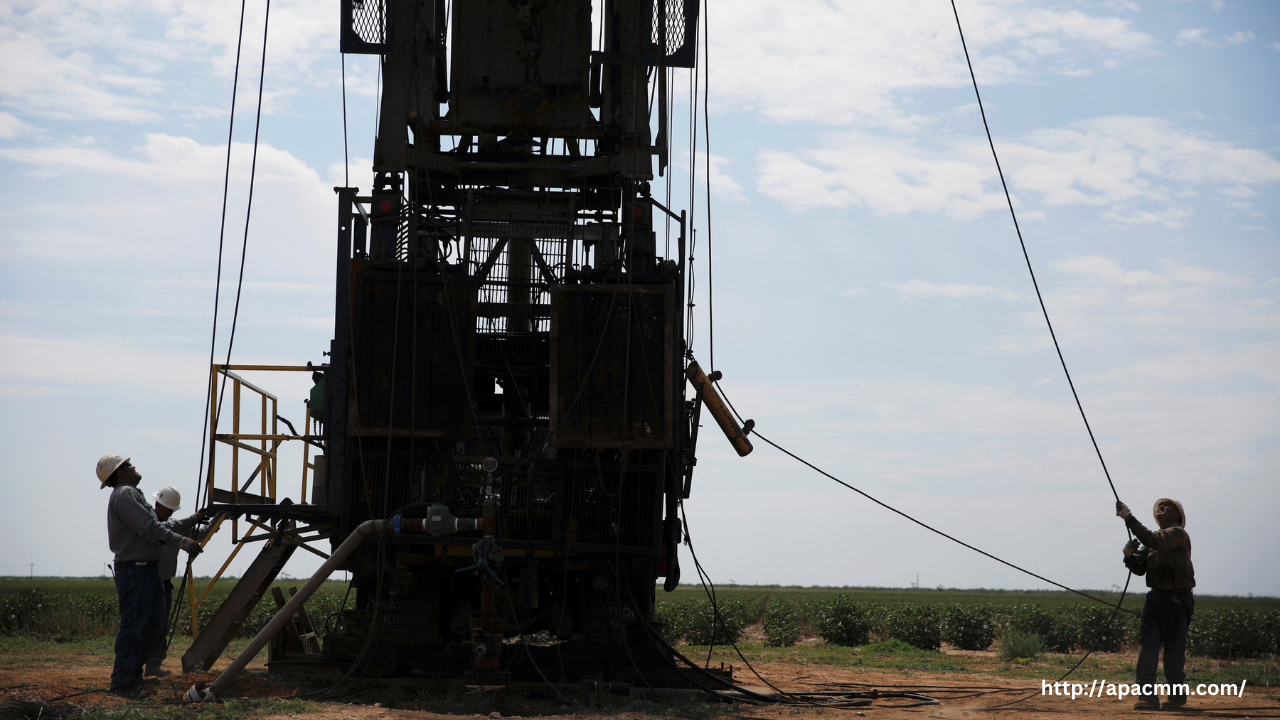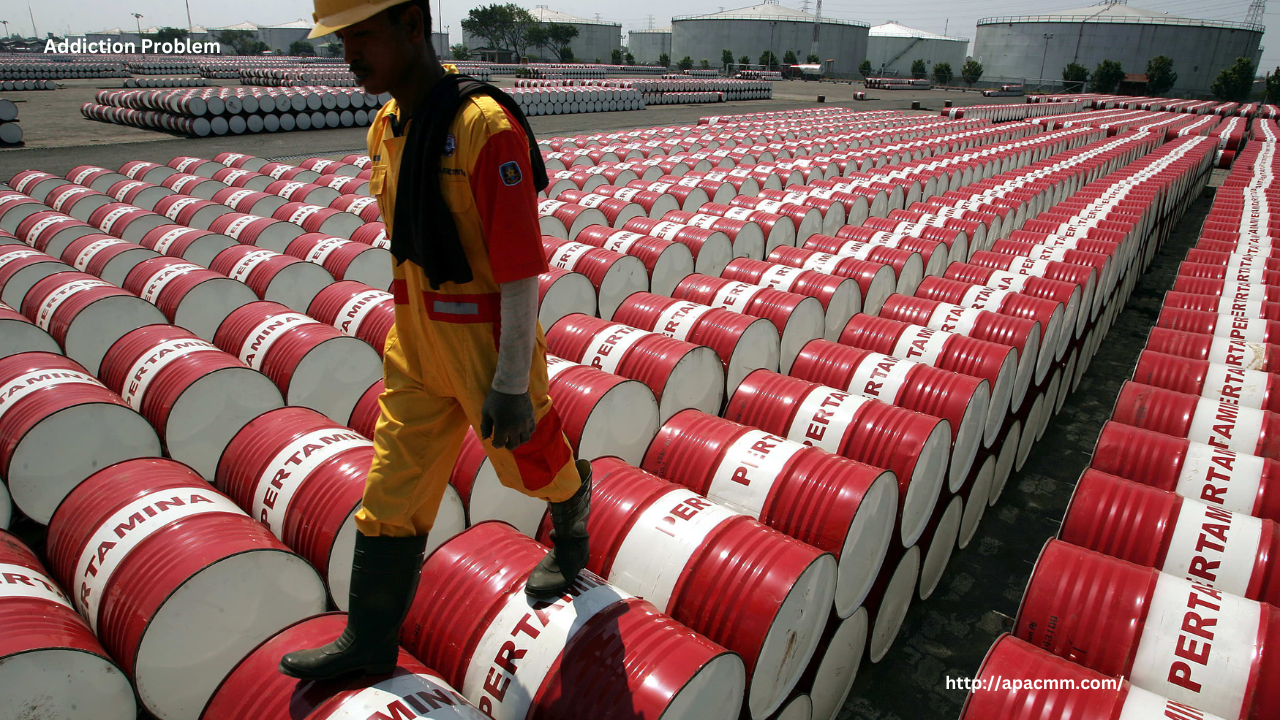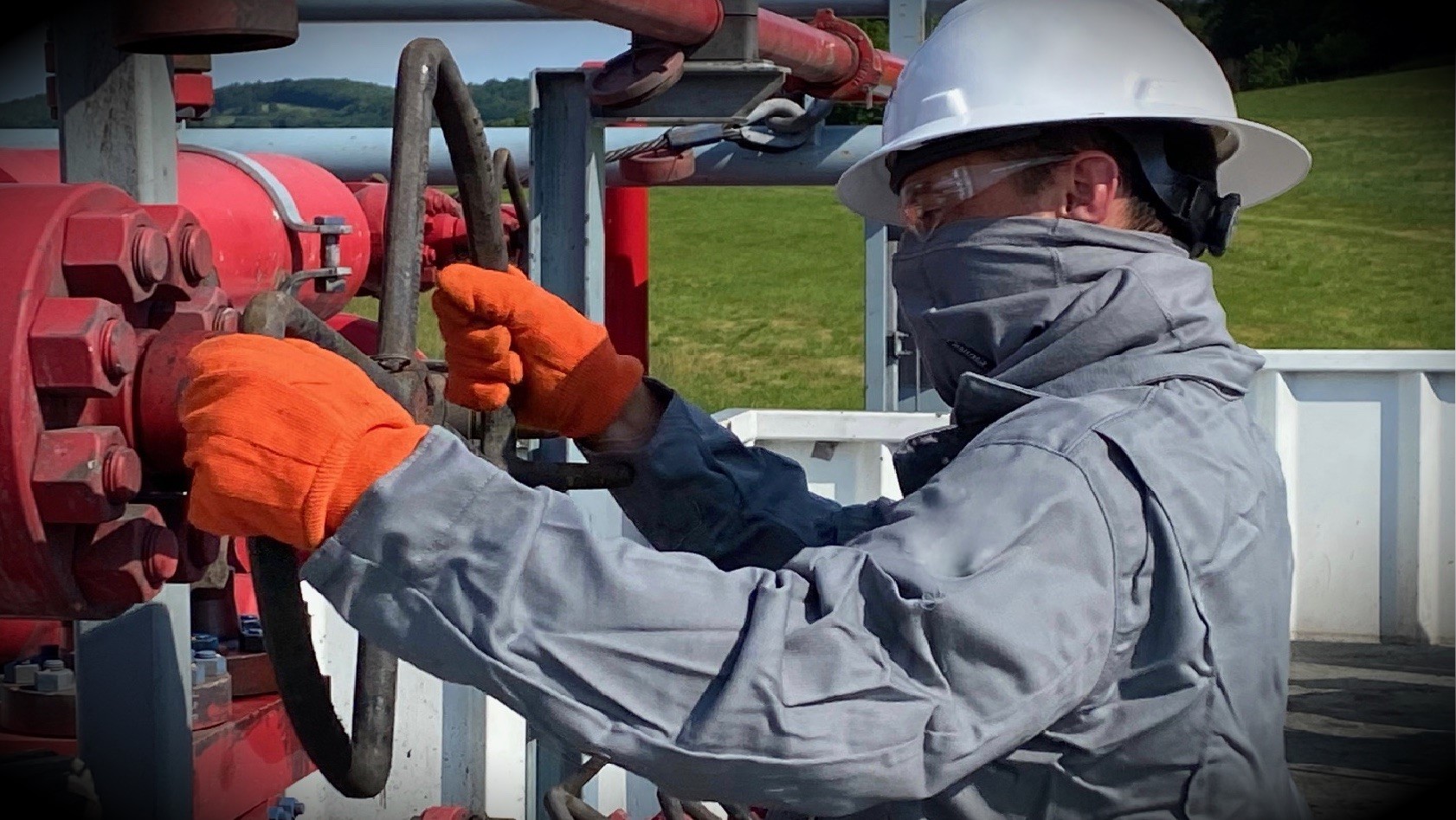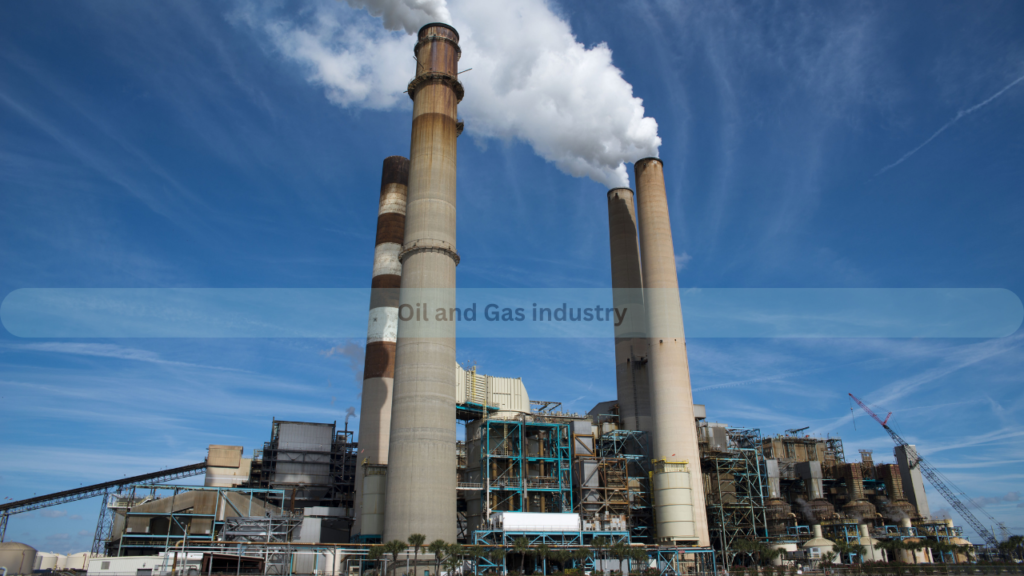
The oil and gas industry is often synonymous with hard labor, long hours, and remote locations. These harsh conditions, while a testament to the resilience of oil field workers, also contribute to high levels of stress, isolation, and physical strain. Unfortunately, this environment can increase vulnerability to substance abuse, with many workers turning to drugs or alcohol to cope. Addressing addiction in the oil industry requires more than awareness—it demands robust support systems tailored to the unique challenges of the job.
The Need for Support in Isolation
Oil workers frequently spend weeks at a time away from their families, living in camps with limited recreational outlets. The isolation, combined with physically taxing labor and the constant pressure to perform, can take a toll on mental health. In such environments, the line between recreational use and dependency can blur quickly. Substances like alcohol, opioids, and stimulants may offer temporary relief but often lead to long-term issues.
Moreover, the stigma surrounding addiction and mental health in the industry prevents many from speaking out. A culture that values toughness and self-reliance can discourage workers from seeking help, fearing judgment or job loss. This silence only deepens the crisis.
Building a Network of Support
To effectively support addicted oil workers, employers and communities must implement proactive and compassionate strategies that address the root causes of substance use and provide accessible, confidential avenues for recovery.
- Peer Support Programs – Establishing peer-led support groups within oil field communities can be a powerful tool. These groups allow workers to share their experiences in a safe and understanding environment. Knowing others have faced similar struggles can reduce feelings of isolation and foster hope.
- Employee Assistance Programs (EAPs) – Confidential EAPs offer counseling, addiction recovery resources, and mental health support. Promoting these services as confidential and judgment-free can encourage more workers to seek help before their situation worsens.
- Mobile and Telehealth Services – Given the remote nature of oil work, traditional access to healthcare can be difficult. Telehealth platforms and mobile clinics can bridge this gap, delivering timely support to those in need. Virtual counseling sessions, medication management, and therapy can be lifesaving.
- Supervisor and Staff Training – Equipping supervisors with the skills to recognize signs of substance use and to respond with empathy rather than punishment is essential. Training should focus on early intervention, destigmatization, and connecting employees with the appropriate resources.
- Flexible Treatment Options – Not every worker can afford to step away from the job for inpatient rehab. Offering outpatient programs, evening sessions, and short-term leaves for treatment enables workers to receive care without sacrificing their livelihoods.
A Culture of Compassion and Accountability
Creating an environment where workers feel supported rather than judged is crucial. This means shifting from a punitive approach to one centered on health and rehabilitation. It also requires leadership buy-in, consistent messaging, and a visible commitment to employee well-being.
Oil field workers are the backbone of a critical industry. Ensuring they have the help they need, especially in battling addiction, is not just a moral obligation—it is a strategic imperative. With the right support systems in place, recovery becomes not only possible but probable, even in the harshest of conditions.








